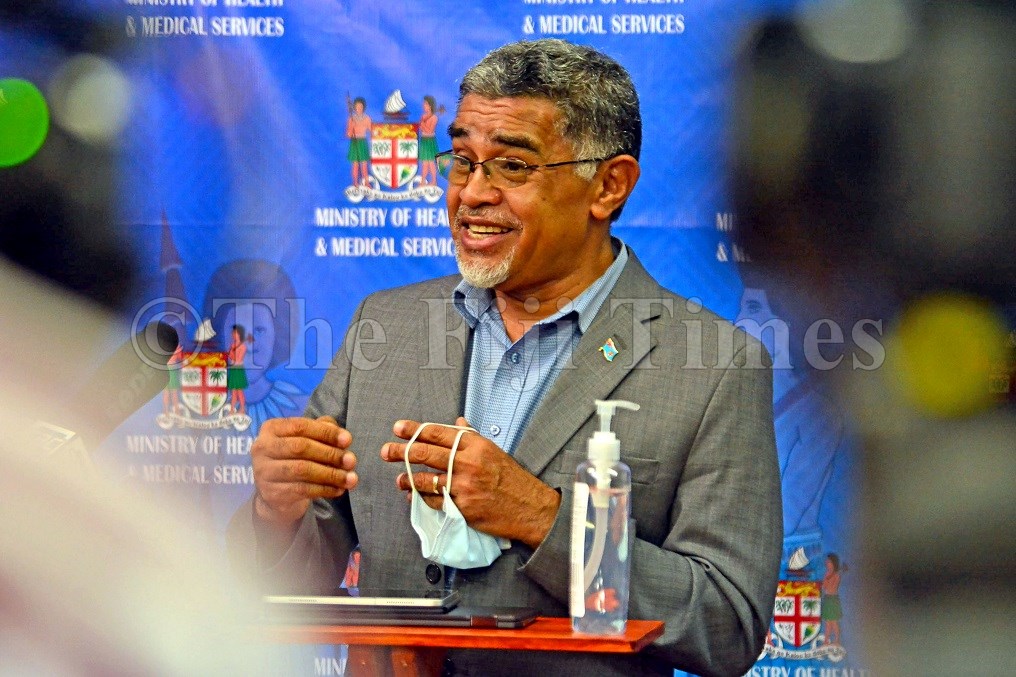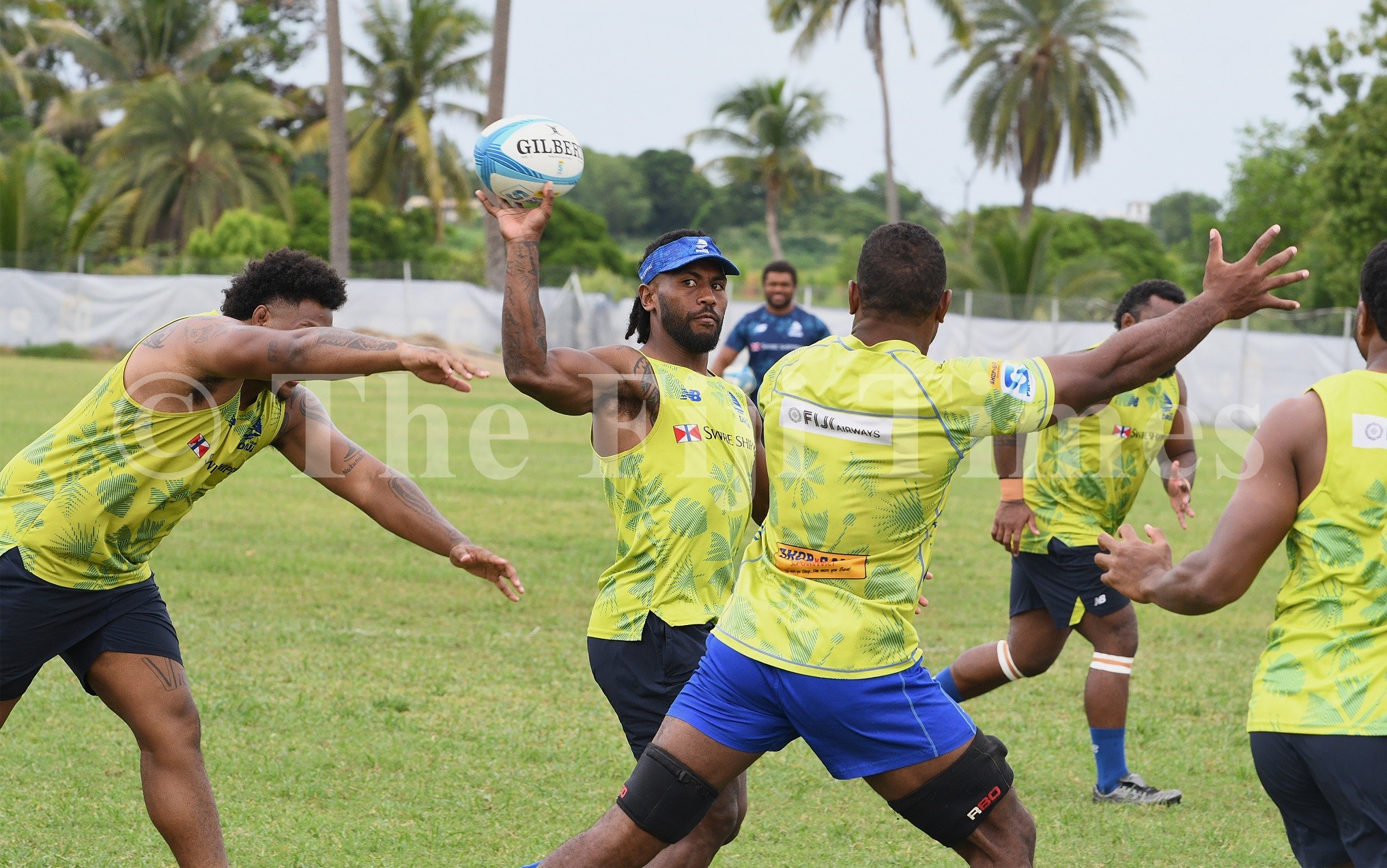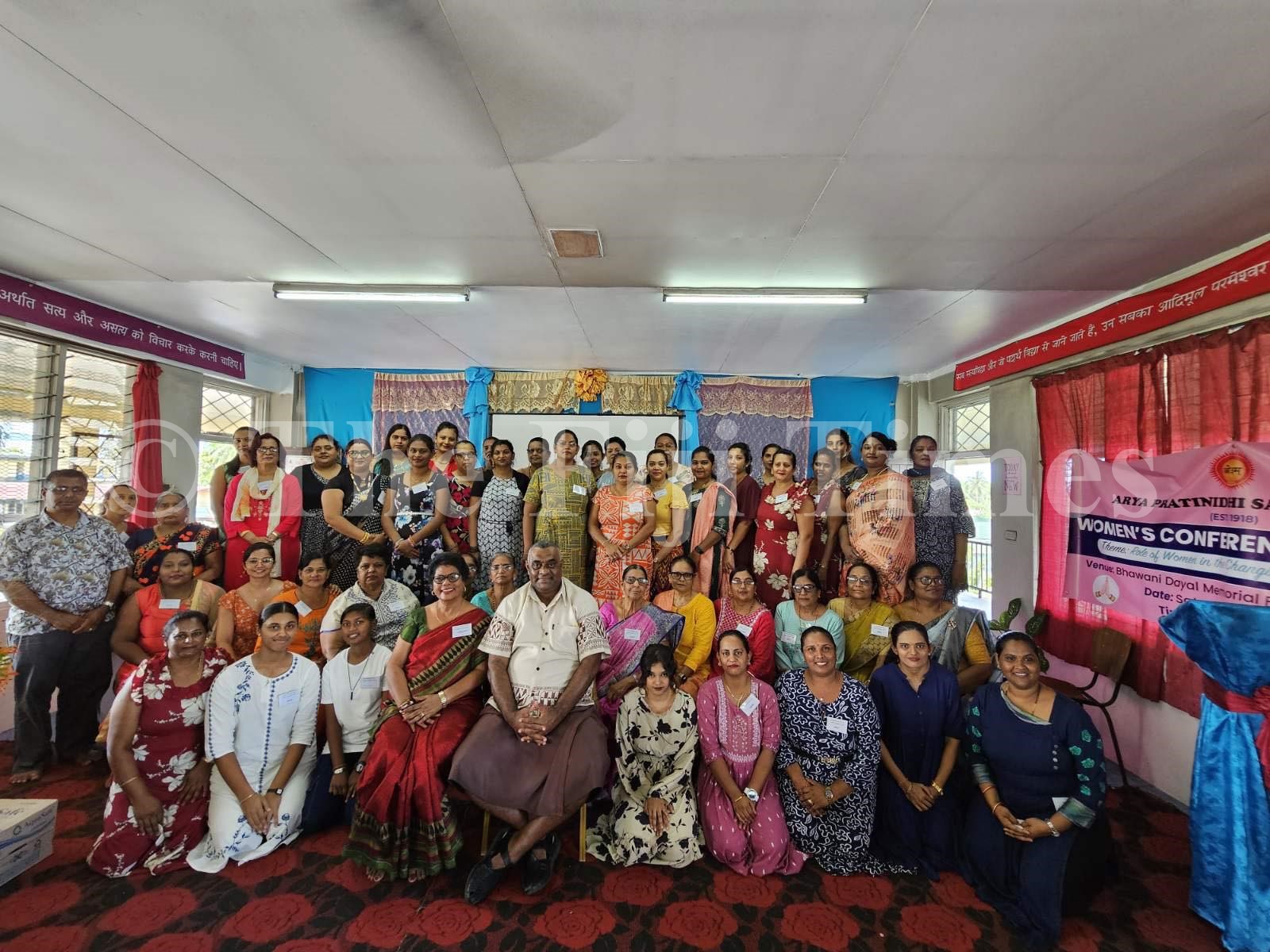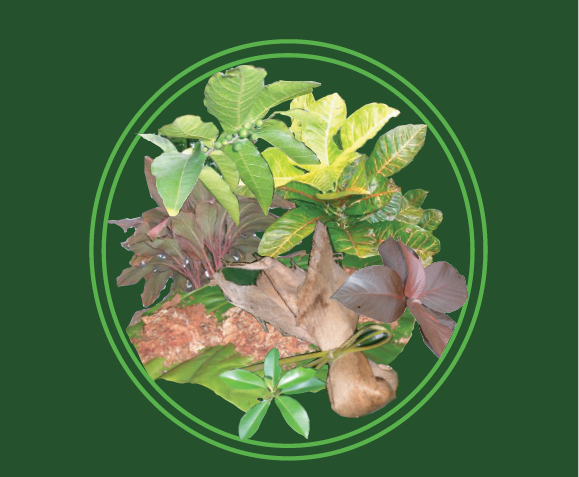Over the past two weeks we have been tossing about in uncharted waters.
Nobody ever woke up last week knowing that in a few days, news of COVID-19 infiltrating our communities would have shaken us to the roots.
We went through a rough patch in 2020 but this time around, the situation seems different altogether – more gloomy and more uncertain.
During a crisis it is normal to have fear and anxiety. We are affected in different ways but those that are adversely affected are the poor, vulnerable and disadvantaged citizens we live with.
A well to do family continues to have three square meals a day. It can still afford the luxuries of life and pay for the best medicines and medical services available to stay healthy and alive.
Businesses may nosedive, affecting money in the bank, but family members can still afford the best that life has to offer.
However, for the vulnerable and poor, a crisis could mean literally living with nothing – no food to eat, no paid employment, no means to buy even the basic essentials and no fares to visit the doctor when sick.
While the corporate world, governments and those in positions of leadership are going through with everybody else the sad realities the pandemic brings, they are being especially and constantly reminded of the need to be transparent and accountable.
Why do these two words matter? Where do they fit in the big picture? How are they related to a journalist’s work?
The answer is they work together to enhance the confidence and trust that people have in their leaders and the institutions that were established to serve them. They are essential for peace, stability and goodwill.
The United Nations has continued to champion how transparency and accountability are vital for response and recovery efforts during crisis situations and are critical to building resilience among citizens and communities.
This means insufficient accountability and oversight increases corruption and places ordinary citizens’ lives at risk.
If you follow the news using credible sources, like this newspaper, you will notice our pages have been filled with human interest stories based on the dreadful realities many of our people are living with.
You will also note that we are asking tough questions, even to senior civil servants many feel are already doing a remarkable job of helping us weather this pandemic.
This is a time when journalists need to be on top of their game.
Fiji’s latest COVID-19 cases now call for critical journalism, where we ask for answers that seem like they don’t exist or are hard to come by.
We need to demand more certainty when our reality is full of doubt. We need to question the vague issues in science and public health.
I have never attended any of the press briefings organised to update the public about the latest on COVID-19 in Fiji. I hear the warnings and statistics all the time and mull over a thousand scenarios and questions that dart in my head and are never satisfactorily answered.
In my head, I feel that the information I get does not allow me to sufficiently grasp the complexity of this unseen virus. But then again I know that civil servants, politicians, scientists and health experts don’t even have all the answers. So I accept that I may be just a little too anxious.
Nevertheless, a better understanding of the complex issues around the disease helps mitigate fear and anxiety created by misinformation and fake news that abound in various popular social media platforms where authorities and the media have very little control.
Sometimes asking tough and complex questions may create the wrong impression that journalists are just hell-bent on stirring trouble and too cynical. Aggressive journalistic questioning may make politicians feel questions have been skewered to simply bring disrepute and denigrate. The reality is these reasons are far from the truth.
Journalists and the media houses they represent want processes fine-tuned and actions improved for the benefit of the people whose voice they want to amplify. This is critical during a crisis for without it, the vulnerable could be made more vulnerable and the poor could be made poorer.
Failure to constantly hold authorities accountable, within the boundaries of ethical journalism of course, could lead to laxity which could lead to wrong decisions which could result in serious consequences.
Ordinary citizens need the media and journalists to hold their government accountable and demand a more transparent, inclusive and democratic leadership.
Tomorrow is May 3, a day that celebrates the fundamental principles of press freedom.
It is a day designed to remind the government of its role in protecting media freedom and the journalists who defend it daily with their blood, sweat and grime so that the people might prosper and thrive.
During peace times, freedom of the press is vital for communicating information, strengthening democracies, defending human rights, empowering the underprivileged and promoting peace and security. These are even more grave and essential during a pandemic.
The latest spread of COVID-19 in the country demands greater accountability and transparency from those in charge and calls for more support to the work of journalists in informing and educating all Fijians.
It means ending the blame game and working together with the media to ensure we weather the COVID-19 storm together and with the hope that we survive it.
Giving journalists the professional space they need and recognising the important role they play during a crisis means also accepting the tough, irritating and uncomfortable questions they sometimes ask.
Embedded within those probing queries are the aspirations of a nation and its people – to have the best service delivery from their government and to live in genuine peace and dignity.
Some media outlets and journalists may fall short of this ideal but it will never stop the few who truly believe in freedom, the common good and the sovereignty of the people.
Too all fellow journalists who continue to ask tough questions, I salute you. Enjoy your World Press Freedom Day day tomorrow.
Until we meet on this same page same time next week, stay blessed, stay healthy and stay safe.





